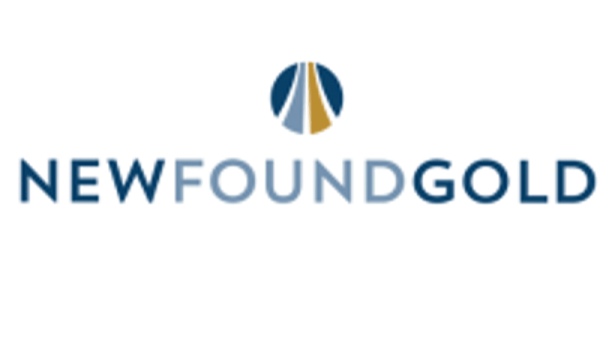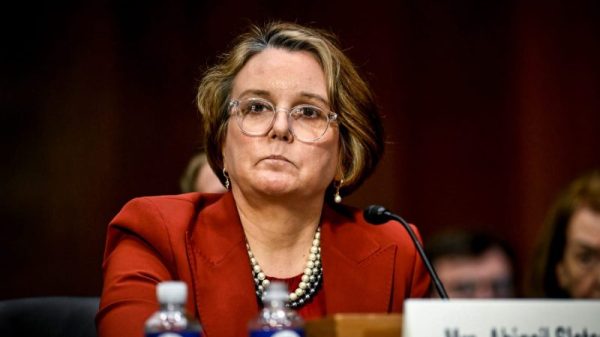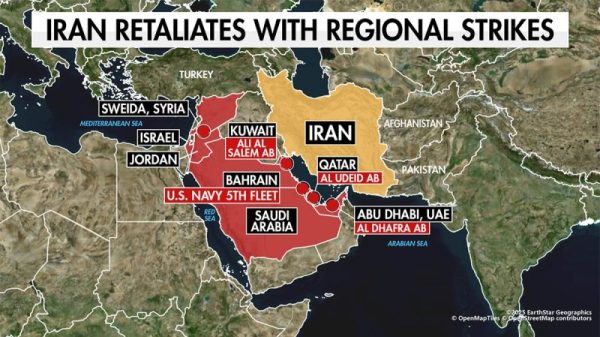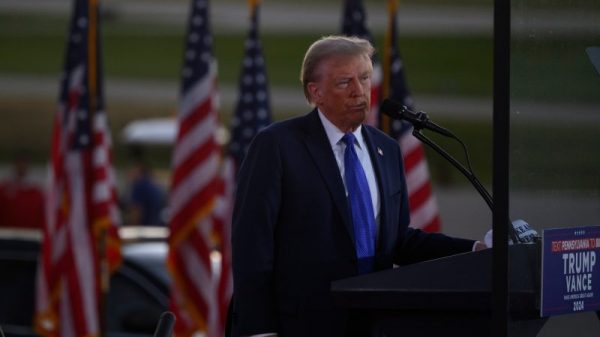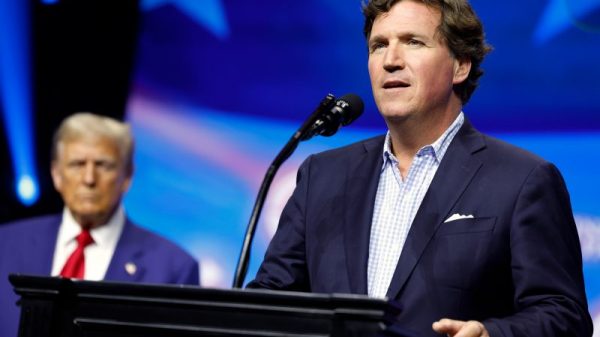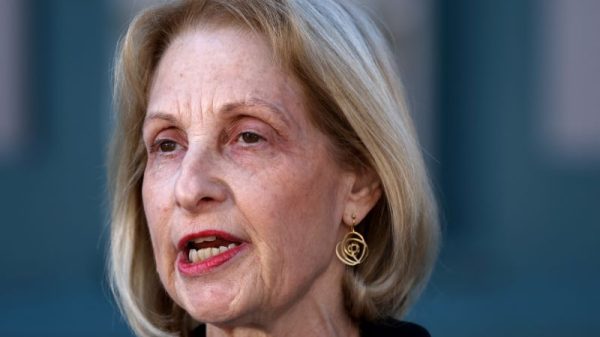
In the US, just 19% of all venture capital (VC) investment partners — the people who write the cheques investing in entrepreneurs — are women; in Europe, a 2023 report found that number to be 16%. That has a knock-on effect: women are more likely than men to invest in women-led enterprises, and US companies with only female founders saw just 2% of all VC investment in 2022.
According to the European Investment Bank, female-founded companies deliver twice as much revenue per dollar invested, despite receiving less than half the investment capital of their male peers. Research has also consistently found that female investors are more interested in social impact businesses, which can benefit society more widely.
In a bid to address the gender gap, Amanda Pullinger founded Global Female Investors Management in 2024 with fellow finance industry veteran Vanessa Yuan. One of its core services is the Global Female Investors Network, a 2,000-strong community of women who manage money, whether it’s hedge funds, traditional funds or VC funds.
After spending 25 years in finance, including over a decade as the CEO of 100 Women in Finance, a global non-profit professional association with over 30,000 registered members, Pullinger was ready for something different. Her mission has always been to address the under-representation of women in finance, but in the investment sector it was lacking more than any other.
This interview has been lightly edited for clarity.
Amanda Pullinger (AP): I’d say the biggest challenge remains the fact that there are so few women in leadership roles. I’m a big believer in visibility. I grew up in the UK, and I was the first in my family to go to university. I went to Oxford because of a woman who was visible to me in a leadership role: Margaret Thatcher (the first British female prime minister). Like me, she was the first in her family to go to university, she went to Oxford. So I said to myself, “Well, she’s like me. If she can do it, I can do it.”
While that sounds trite, most women want to be able to see a pathway into leadership. What’s the perception that you have of an investor? It’s very often a White man, because that’s who we see on television or on panels at conferences. The reality is there are women in those roles, but we need them to be more visible.
AP: By introducing women to their peers. That’s why networks are so important. That network is important in sharing experiences because we can’t possibly know everything.
The second step is to really get men on side. In my career, men have been massive advocates for me. Women don’t rush to do those panel discussions and be visible, but men can be helpful in saying, “I think it would be great for you to represent the organization,” and really push women into those roles and say, “Look, if you’re not comfortable, I’ll get you a communications coach. We’ll get you through some of the challenges that you may feel.” Men are such a critical part of getting to the solution. That’s why for me, sometimes when there’s discussion about DEI (Diversity, equity, and inclusion), I worry that men are excluded from that conversation.
AP: I’m a believer in meritocracy. I didn’t come from privilege: I made my own way, very much with the help of men in my career, but I made my own way. But here’s my big question to those who say, “Well, the world’s equal, and there are equal opportunities, so surely it should just be giving a job to the best person” — my challenge would be, how sure are you that you are giving access to the best person?
I hear in the finance industry all the time from companies saying, “We don’t get any women applying for investment roles.” And I’m sitting here thinking, ‘I’ve got 2,000 members in our database who are female risk-takers.’ You are saying they’re not applying; there’s something missing here. I’m all about getting the best: but without some kind of action where you gain access to a broader range of people, you are potentially missing out on the best talent.
It’s the same with female fund owners. I’m not saying they’re always the best, but if they’re excluded for all sorts of systemic reasons from the process, again, I’d ask allocators: how do you know you’re picking the best fund? It’s very much around creating access and opportunity, and then things can fall where they fall. But without that access and opportunity, I don’t think the world is getting the best talent.
AP: What’s really fascinating is we are now in a place in the world where I believe, globally, there are more women going through universities, proportional to men. But actually, the big issue I find with most professional women who are well-educated is that we’ve all been told that if we work hard and we perform, we’ll be noticed, we’ll be promoted, we’ll be acknowledged. That works while you are in full-time education because full-time education is about working hard, doing a test and getting a result. The reality is when you come into the business world, it’s about relationships.
So the advice I give to women is to spend a little bit less time focused on hunkering down doing the work, and do what the guys do: build relationships, take the time for yourself, get yourself on conference panels, put your hand up, be vocal. All those things, to some extent, take away from this notion that it’s all about hard work — of course it’s about hard work, but women have got to learn that it’s also about relationships. We’ve never been taught that, and it’s something that I say all the time to women.
AP: I wish when I was younger, someone had said to me, “Do not give up maths at 16.” I should have done maths at A-level (a pre-university school qualification in England, Wales and Northern Ireland), I was perfectly capable of doing it. So I think first of all, it’s about giving women the fundamental skill set and confidence in numbers. The second is, I wish that more young women knew the impact you can have in the world by becoming a capital allocator or an investment professional.
If you want to create change in the world, managing money is one of the best ways to do it, because you can guide where that money goes, and that money can have an impact. This is not just a greedy industry, it’s a place where you truly can make a difference in the world. That’s something I wish more young women knew.


